To celebrate the October 13th release of my forthcoming debut novel, King of Shards, I will be featuring one new blog entry a day about a different Judaic myth for 36 days. Today’s entry is on The Pargod, The Divine Curtain.
Day 33: The Pargod, The Divine Curtain
There is a curtain in heaven that separates God from the angels. We call this curtain the Pargod. This curtain is exceedingly splendid — it glows with empyrean light — and the light forms the letters of the Holy Name of God across it. Everything that is on this curtain also appears in our world — everything that exists is represented there. But not only what exists, but everything that has existed and everything that ever will exist is represented on the Pargod. Only the Shekhinah, the Divine Presence and God’s Bride, and the angel Metatron are permitted on the other side of this curtain to glimpse the divine splendor.
Rabbi Ishmael once visited heaven, led by the angel Metatron, and there he glimpsed the Pargod in all its glorious splendor. He saw, written upon this brilliant curtain, the whole history of the world. As he glimpsed the histories it was as if he were experiencing these things himself.
The Myth’s Origins
In Jewish synagogues, the Torah scrolls are separated from the congregation by a curtain. This tradition dates back to the ancient Temple and desert Tabernacle when the Holy of Holies, the inner sanctuary, was separated from the outer chambers by a curtain. Exodus 26:31 says, “And thou shalt make a veil of blue, and purple, and scarlet, and fine twined linen; with cherubim the work of the skillful workman shall it be made.” This was to signify that one is entering into God’s presence, which is separate from ordinary existence. It was believed that within this barrier, separating the profane from the holy, the finite from the infinite, the Divine Presence dwelled, and various ritual purifications needed to take place before one could enter into such chambers.
The notion of such a curtain separating God from the rest of heaven comes from the Third Book of Enoch, which says, “Come, and I will show thee the Curtain of the Divine Majesty which is spread before the Holy One, blessed be He, and whereon are graven all the generations of the world and all their doings, both what they have done and what they will do until the end of all generations.”
Moses encounters God on Mt. Sinai, God says in Exodus 33:20, “Thou can not see My face, for man shall not see Me and live.” But here in this myth of the Pargod even most of the angels are forbidden from viewing God, such is his supernal splendor. He sits on his Divine Throne with the Shekhinah (the Divine Presence) and Metatron by his side.
It’s long been said that God knows all, past and future, and this myth gives that notion a physical object to represent his knowledge: a curtain, upon which is written the entire history of the world. This mirrors in many ways the Torah itself, which is seen among certain mystical groups to contain divine secrets about the past and future, as well as rules for the present. The Midrash Tehillim 90:12 says, from interpreting the Psalms, that the Torah existed 2,000 years before the world. God created every letter of its pages before he created earth and humanity.
Some Thoughts on the Myth
Judaism is filled with separations. Separations of holy days from ordinary ones. Kosher food from non-kosher. The Sabbath from the rest of the week. The inner sanctuary from the outer. Thus it’s not surprising to find the myth extended to God’s realm itself. The Lord’s countenance is so bright, only the holiest may enter. The curtain separates the finite from the infinite.
What I find the most interesting about this myth is the curtain itself, upon which is written, in glowing, supernal letters, the entire history of the universe. God has a plan for the world, which he has inscribed on his curtain. Nothing is unknown to him. The concept is fascinating and has appeared in various analogs among many fantasy stories over the ages (Borges “The Aleph” comes to mind).
It brings up interesting questions about free will, that has been asked again and again. If God knows all past, present, and future events, where in that divine plan is there room for human decision? Should we simply not try at all, because no matter what we do, our plan is written? If we chose to give up, it is written. If we chose to try harder, it is written. Nothing we do is outside of God’s plan. If that is true, then is the sinner guiltless because his path was ordained? Does the saint lose his holiness because it was not him, but God who made him as he was? This is why the notion of predestination has never sat well with me. In such a world, we are all zombies.
Nevertheless, I do love the idea of a glowing curtain upon which the whole history of the world is written. Essentially, all of existence becomes one long book, and how cool is that?
Tomorrow’s Myth: The Evil Eye
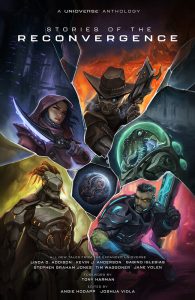






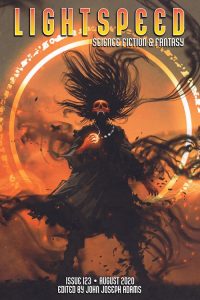
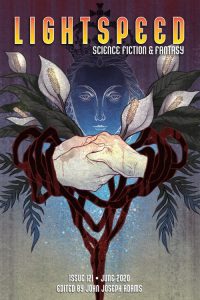





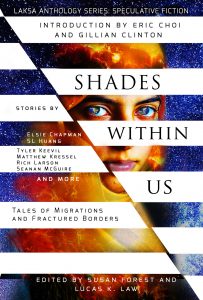

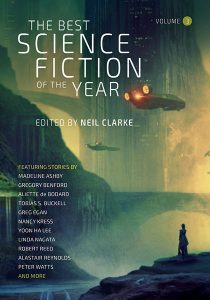


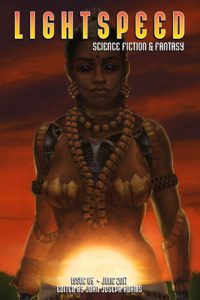





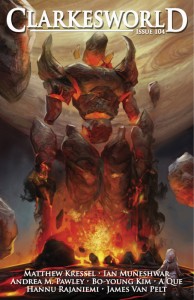

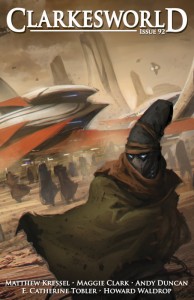

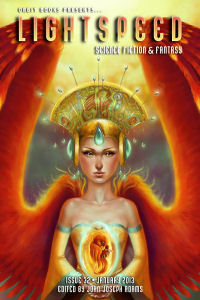

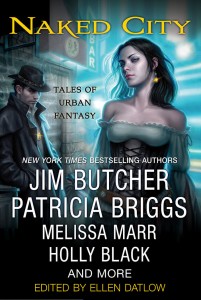

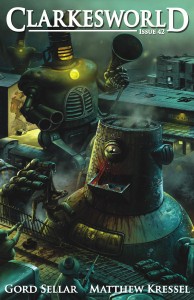
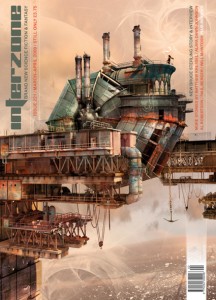
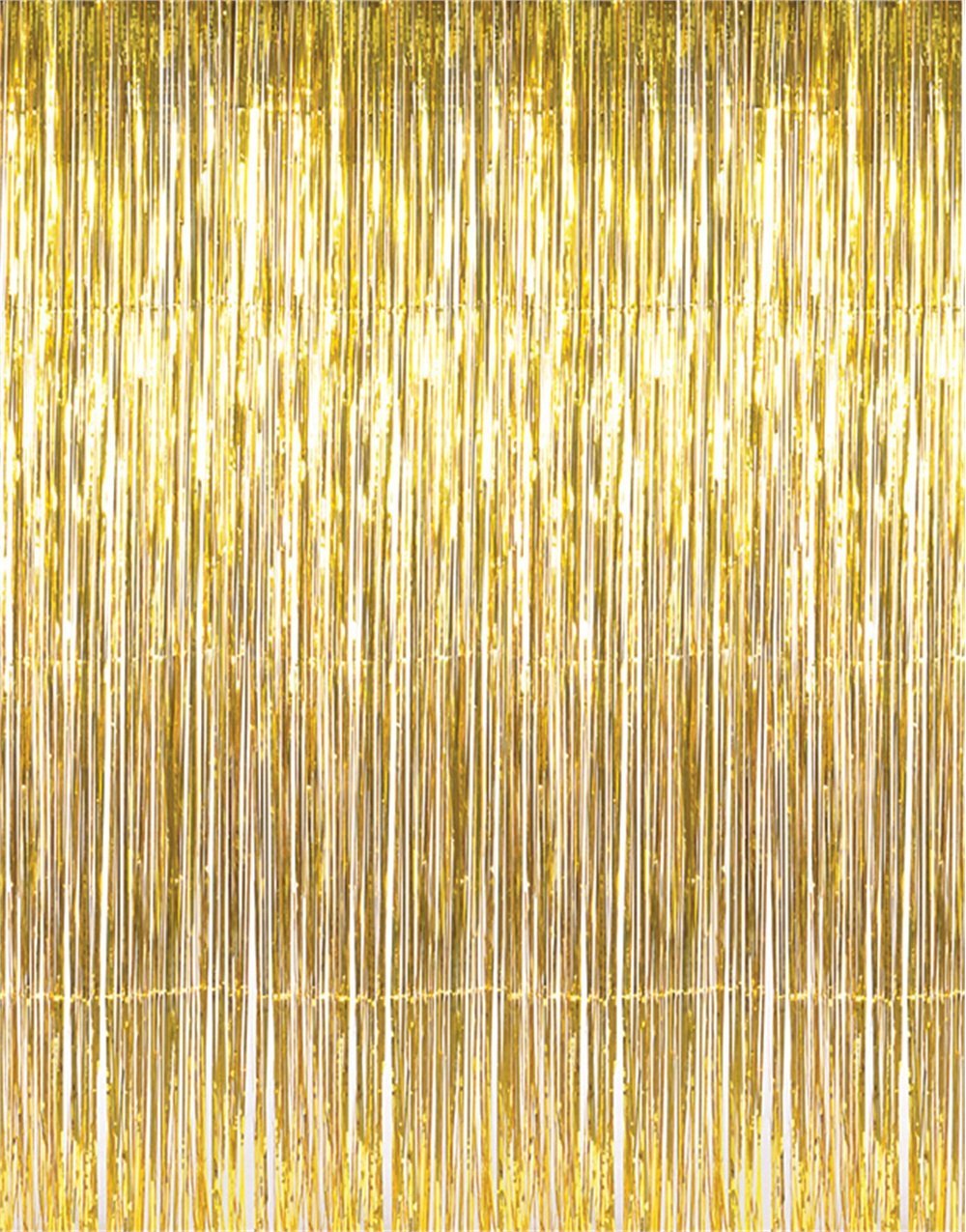
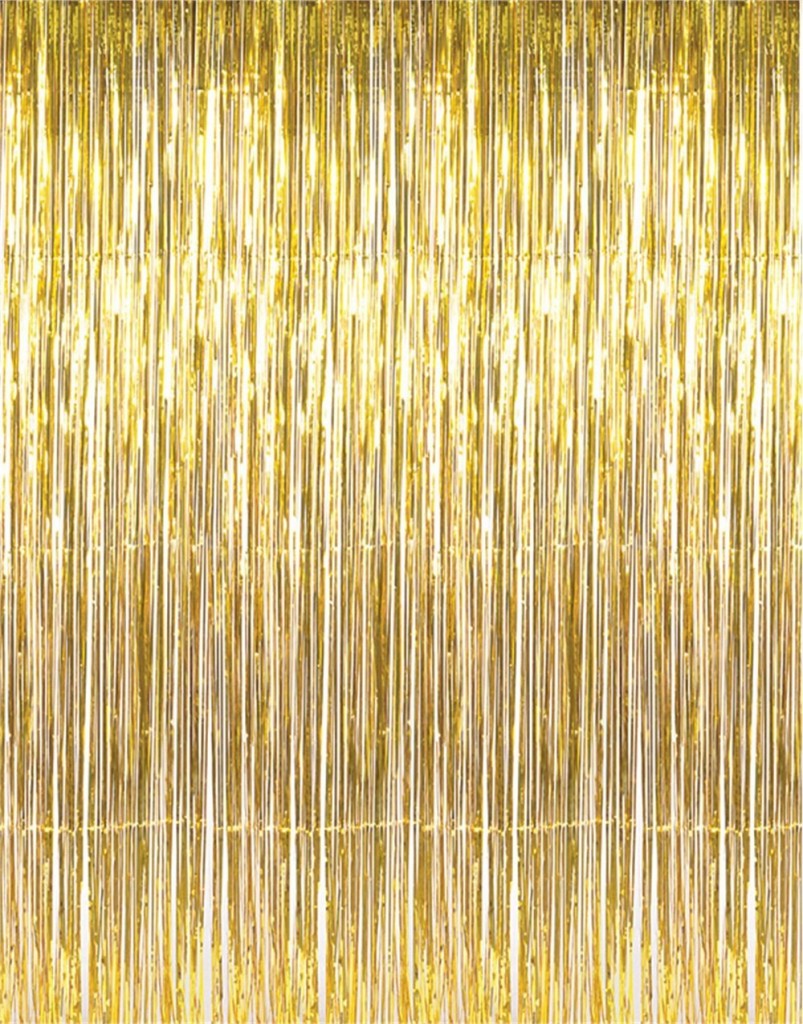
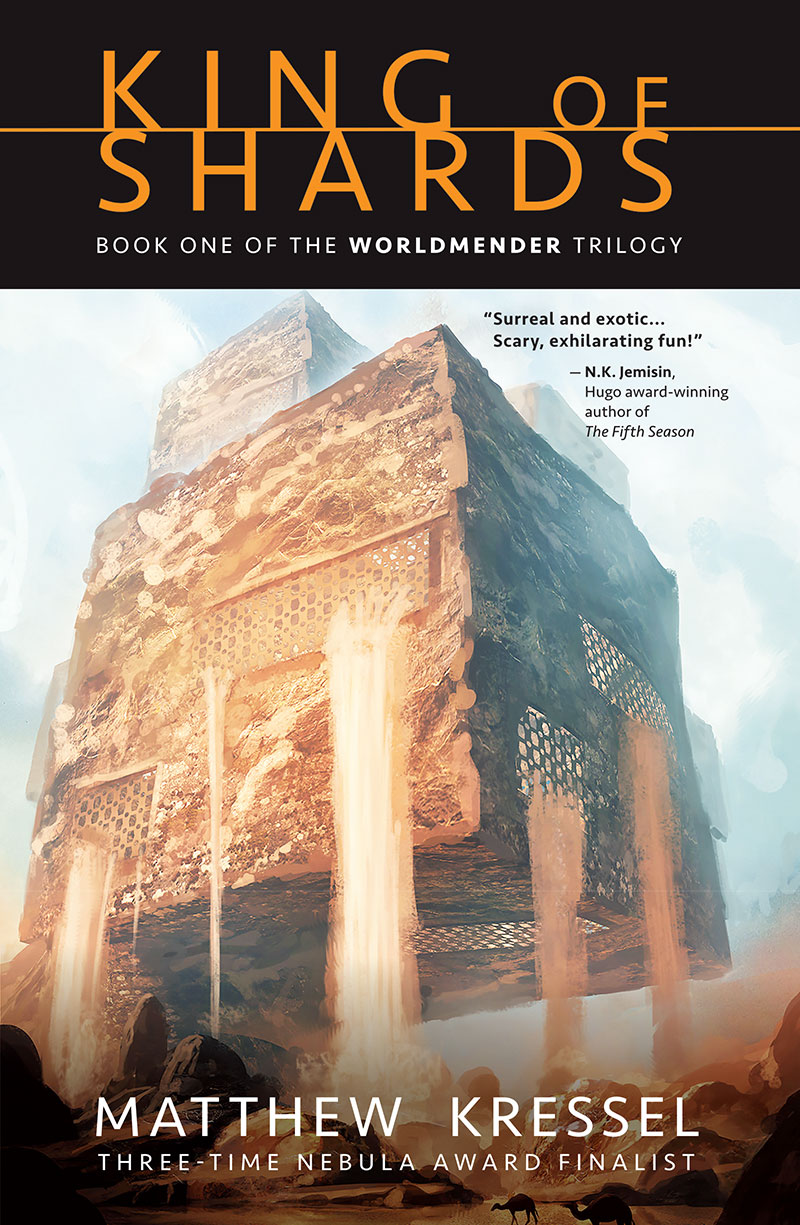
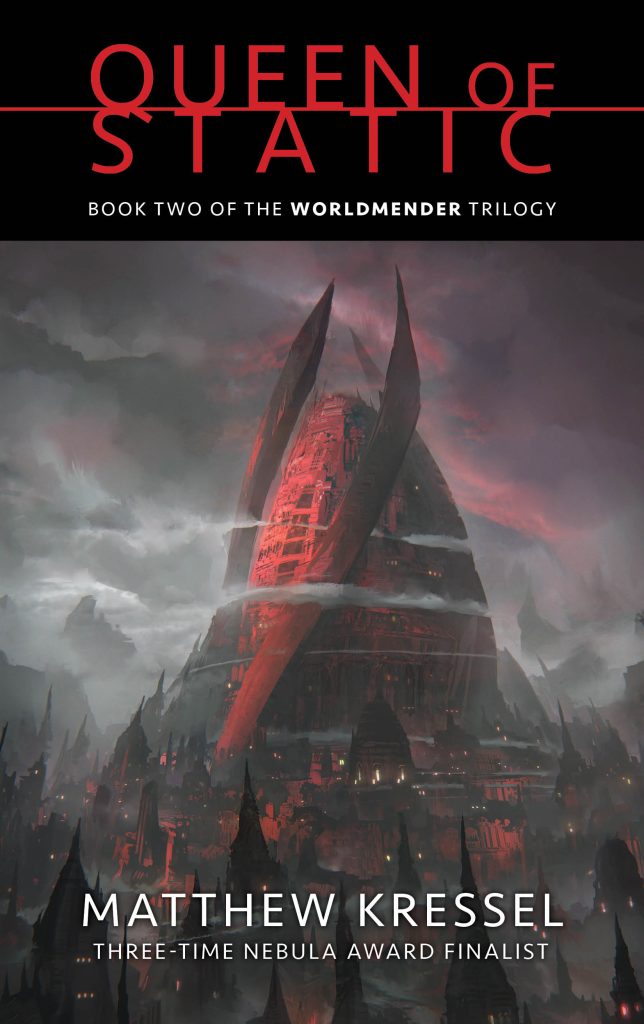

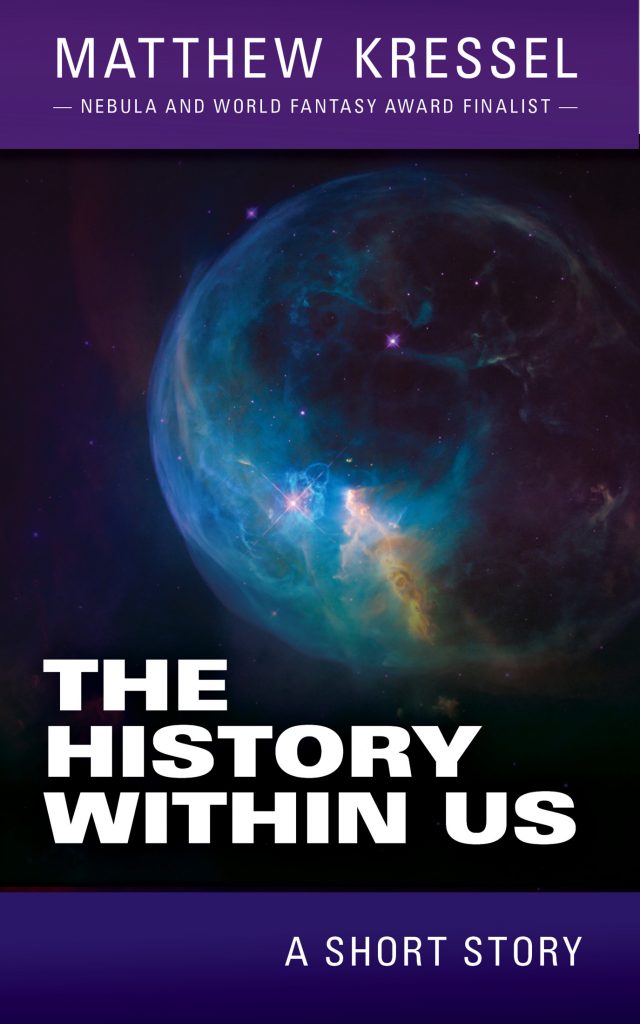
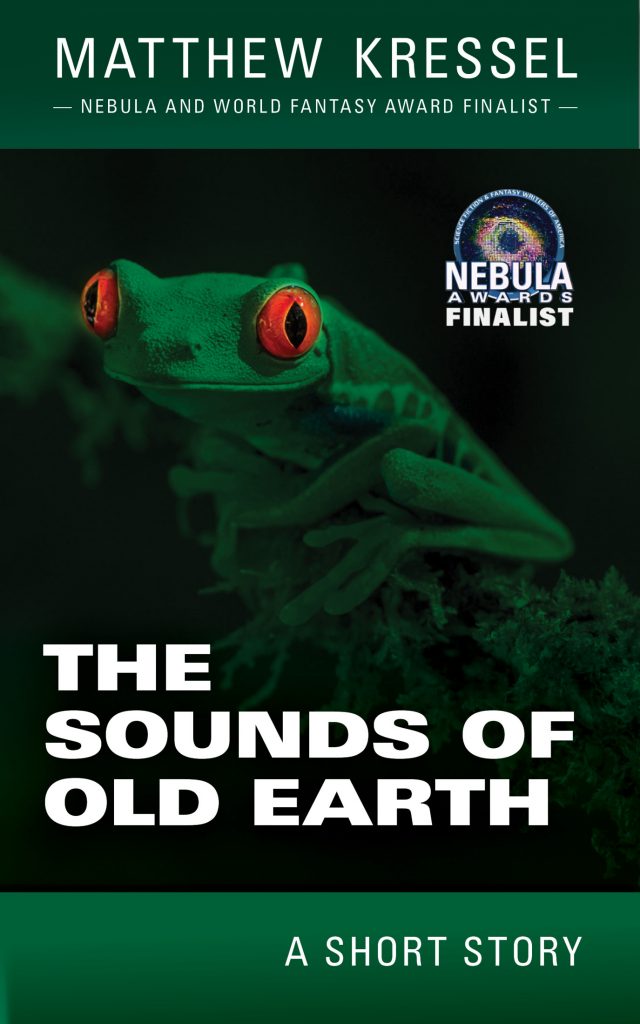
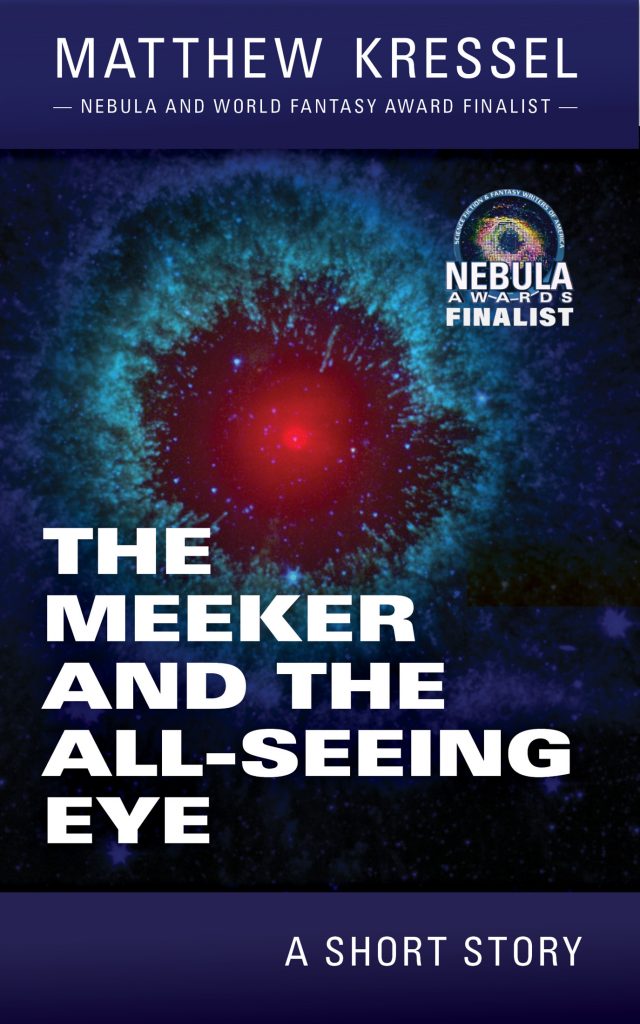

February 25, 2018 at 10:10 pm
Friend Matthew, thank you for your remarks about the Pargod. I will use them in my weekly commentary on the Parshat HaShavua, the Weekly Torah portion. I mean to combine it with remarks about Metatron, Chief of God’s angels (and my speaker for this portion), as well as Ex. 32:34, in which God abjures Moses:
“Go now, lead the people where I told you. See My angel shall go before you….”
I theorize that this angel is Metatron, whose service Moses refuses in favor of God.
April 30, 2018 at 11:47 am
“Nothing we do is outside of God’s plan. If that is true, then is the sinner guiltless because his path was ordained? Does the saint lose his holiness because it was not him, but God who made him as he was? This is why the notion of predestination has never sat well with me. In such a world, we are all zombies.”
God’s plan will unfold just as He willed it. However, we are not zombies, we chose everyday again. If not, there would not have been sinners and the Fall of Man in the first plave, right? Mankind has free will, and God, Our Heavenly Father wants us to chose Him, out of free will, but He doesn’t force us, though He easily could.
The Lord our God doesn’t wander where He’s not welcomed, remember He abandonned Jerusalem before, when the city had given in to sin and worship of other gods.